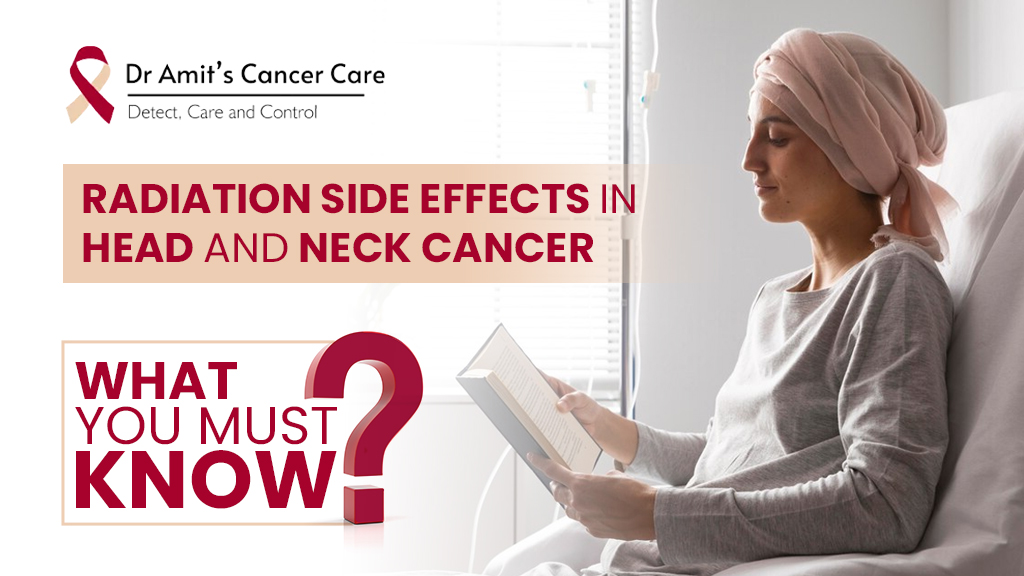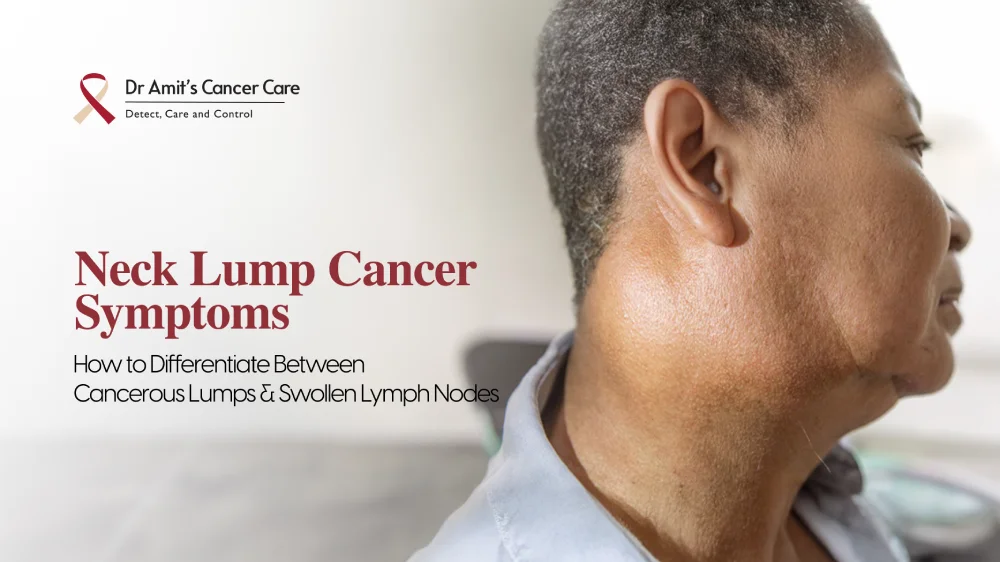When you hear the word “radiation,” it can feel overwhelming especially if you’re facing head and neck cancer. But here’s the truth: radiation therapy can be a life saving tool, even in tough cases. It’s powerful, precise, and often essential in stopping the disease in its tracks.
But with that power comes a price.
Radiation doesn’t just target cancer it can also affect healthy tissues nearby. That’s why many patients experience side effects that impact how they eat, speak, or feel on a daily basis. It’s not easy, but the good news? You’re not alone in this. And most side effects can be managed with the right care, support, and preparation.
We’ll break down the common side effects of radiation therapy for head and neck cancer: what causes them, what they feel like, and most importantly, what you can do to cope. Whether you’re a patient or a caregiver, this guide is here to help you walk through treatment with clarity, courage, and confidence.
Why Side Effects Happen in Radiation Therapy
Radiation therapy is designed to zero in on cancer cells and stop them from growing. But here’s the catch: it doesn’t always distinguish perfectly between cancerous and healthy cells. That’s why, along the way, some healthy tissues in the surrounding area might get caught in the crossfire.
And when you’re treating head and neck cancers , things get even trickier. This part of the body is packed with delicate and important structures: your throat, salivary glands, vocal cords, skin, even nerves that help you eat, speak, or swallow. So, it’s no surprise that radiation in this area can cause a range of side effects, some mild, some more challenging.
Common Side Effects of Radiation for Head and Neck Cancer
1. Mouth Sores (Mucositis)
- Think of it like a sunburn inside your mouth, painful and irritating.
- What helps: Use soothing mouth rinses, skip spicy or crunchy foods, and keep your mouth clean.
2. Dry Mouth (Xerostomia)
- Saliva dries up, making your mouth feel sticky and uncomfortable all the time.
- What helps: Sip water often, chew sugar-free gum, and steer clear of alcohol and caffeine.
3. Skin Irritation
- Your skin might turn red, peel, or feel sore like a mild burn.
- What helps: Use gentle, fragrance-free moisturizers and avoid sun or harsh soaps.
4. Fatigue
- It’s more than just feeling tired it’s a deep, constant exhaustion.
- What helps: Rest often, eat well, and try light movement if your doctor says it’s okay.
5. Trouble Swallowing (Dysphagia)
- Swallowing may feel like a chore, or even painful.
- What helps: Stick to soft foods, eat slowly, and get help from a speech/swallowing expert if needed.
6. Voice Changes or Hoarseness
- Your voice might sound rough or strained.
- What helps: Drink plenty of fluids, rest your voice, and let your doctor know if it gets worse.
7. Taste Changes
Food might taste bland, weird or not at all.
- What helps: Experiment with mild spices, try cooler foods, and hang in there—taste often returns.
Emotional and Mental Well-being
It’s Not Just Physical Your Emotions Matter Too
Radiation doesn’t just affect your body it can take a toll on your mind and emotions too. Many patients quietly struggle with stress, anxiety, or even changes in how they see themselves. And that’s completely normal.
But here’s the thing: you don’t have to go through it alone.
Opening up even just a little can make a huge difference in how you cope.
Quick Tips to Support Your Emotional Health:
- Talk to someone you trust. A friend, family member, or counselor can be a great outlet.
- Join a cancer support group; others truly understand what you’re going through.
- Try mindfulness, journaling, or gentle yoga (if your doctor approves).
Long-Term Side Effects (and Follow-Up Care)
The good news? Most side effects get better with time. As your body heals, things like mouth sores, fatigue, and skin irritation often fade within weeks to a few months after treatment ends.
But some changes like persistent dry mouth, altered taste, or thyroid issues might stick around a bit longer. These are part of the long-term effects that your care team will help you manage.
That’s why regular follow-ups with your oncologist are so important. Even after radiation is done, your body still needs care, check-ins, and sometimes a little extra support to fully bounce back.
When to Call Your Doctor
While most side effects are manageable, some signs should never be ignored. If you notice any of the following, don’t wait get in touch with your doctor right away:
- Severe pain or mouth ulcers that aren’t healing
- Trouble breathing or swallowing
- Unusual bleeding
- Sudden or unexplained weight loss
Your care team is there for you not just during treatment, but every step of the way after. Reaching out early can make a big difference.
Consult Before You Begin Treatment
Radiation therapy can save lives but it’s never a one-size-fits-all journey. Every patient, every cancer, and every treatment plan is different. That’s why meeting with a radiation oncologist is so important. They’ll help you understand your unique situation, walk you through what to expect, and build a care plan that supports your health, comfort, and peace of mind.
Don’t wait to book your consultation today to start your personalized care journey.
Final Thoughts
Radiation therapy for the best head and neck oncologist in Mumbai has come a long way offering real hope, even in complex cases. Yes, side effects can be challenging, but with the right information, preparation, and a compassionate care team by your side, they can be managed.
The key? Stay informed. Stay connected. And never hesitate to ask for help. With every step, you’re not just fighting cancer you’re moving closer to healing and reclaiming your life.






